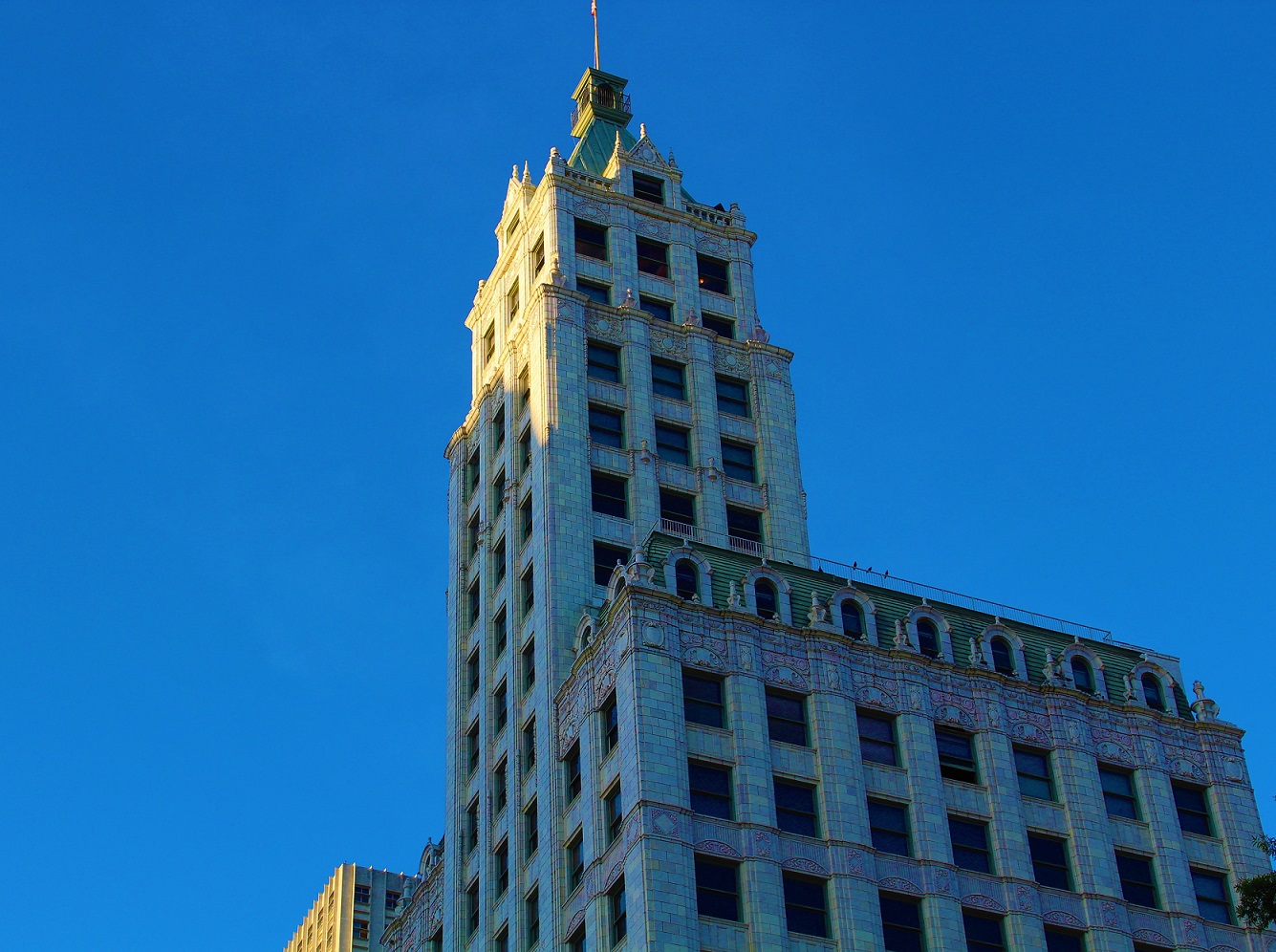Memphis, Tennessee, is a city rich in history and culture, known for its music, food, and landmarks. Founded in 1819, the city has a long and fascinating past that has helped shape its present-day identity. In this article, we will explore five history facts about Memphis that provide insight into the city’s unique character and heritage.
- The Birthplace of Rock ‘n’ Roll
One of the most significant contributions that Memphis has made to American music history is its role as the birthplace of rock ‘n’ roll. In the 1950s, Memphis was home to legendary recording studios, such as Sun Records and Stax Records, which helped launch the careers of iconic artists like Elvis Presley, Johnny Cash, and Otis Redding. The city’s musical legacy is celebrated today at the Memphis Rock ‘n’ Soul Museum, which features exhibits that showcase the city’s rich musical history.
2. The Site of Dr. Martin Luther King Jr.’s Assassination
On April 4, 1968, Dr. Martin Luther King Jr. was assassinated while standing on the balcony of the Lorraine Motel in Memphis. The motel, which has since been turned into the National Civil Rights Museum, is a significant landmark in the struggle for civil rights in America. The museum features exhibits that highlight the achievements of the civil rights movement, including the Montgomery Bus Boycott, the Freedom Rides, and the Voting Rights Act of 1965.
3. The Home of Graceland
Graceland, the former home of Elvis Presley, is one of the most famous landmarks in Memphis. The mansion, which was built in 1939, was purchased by Presley in 1957 and became his primary residence until his death in 1977. Today, Graceland is a popular tourist attraction that draws thousands of visitors each year. The estate features exhibits that showcase Presley’s life and career, including his iconic jumpsuits and guitars.
4. The Birthplace of the Blues
Along with its status as the birthplace of rock ‘n’ roll, Memphis is also considered the birthplace of the blues. The city’s blues legacy dates back to the early 1900s when African American musicians began performing at local juke joints and clubs. Legendary blues musicians like B.B. King, W.C. Handy, and Howlin’ Wolf all called Memphis home at one point in their careers. Today, visitors can explore the city’s blues history at the Memphis Blues Hall of Fame, which features exhibits and artifacts that pay homage to the genre’s pioneers.
5. The Site of the Yellow Fever Epidemic
In the late 1800s, Memphis was hit by a devastating yellow fever epidemic that claimed the lives of thousands of residents. The outbreak, which began in the summer of 1878, was caused by infected mosquitoes and quickly spread throughout the city. At the time, Memphis was a major transportation hub, and the disease was able to spread rapidly due to poor sanitation practices. The epidemic ultimately led to significant changes in the city’s infrastructure, including the development of a modern sanitation system that helped prevent future outbreaks.
Here are five additional history facts about Memphis:
The Cotton Capital of the South
In the mid-19th century, Memphis became one of the largest cotton markets in the world, earning the nickname “Cotton Capital of the South.” The city’s location on the Mississippi River made it a hub for shipping cotton to other parts of the country and the world. Memphis also played a key role in the slave trade, as thousands of enslaved people were brought through the city on their way to other parts of the South.
The Birthplace of the Hotel Industry
The Peabody Hotel, located in downtown Memphis, is known for its famous ducks that march through the lobby each day. But what many people don’t realize is that the Peabody is also the birthplace of the hotel industry. In 1869, the original Peabody Hotel opened its doors, becoming the first hotel in the world to feature a full-scale indoor plumbing system. Today, the Peabody remains one of the most iconic hotels in the city.
The Site of the First Supermarket
In 1916, a man named Clarence Saunders opened the first self-service grocery store in Memphis, called Piggly Wiggly. Prior to this, customers had to go to individual counters to request items from the grocer. Saunders’ innovation revolutionized the grocery industry, and soon other stores began adopting the self-service model. Today, Piggly Wiggly is a chain of supermarkets with locations across the United States.
The Home of the Chickasaw Indians
Before Memphis was founded, the land was home to the Chickasaw Indian tribe. The Chickasaw lived in the area for thousands of years, hunting and farming along the banks of the Mississippi River. In the early 1800s, the United States government began forcibly relocating Native American tribes to reservations in the West, and the Chickasaw were among those who were displaced. Today, the Chickasaw Nation is headquartered in Ada, Oklahoma.
The Birthplace of Holiday Inn
In 1952, a man named Kemmons Wilson opened the first Holiday Inn motel in Memphis. Wilson had been frustrated with the lack of quality lodging options for families during road trips, so he decided to create a chain of motels that would be affordable, clean, and family-friendly. Today, Holiday Inn is a global hotel chain with more than 1,100 properties in over 70 countries.
Memphis has a rich and varied history that spans centuries. From its role in the cotton industry to its contributions to the music and hotel industries, the city has left an indelible mark on American history. Whether you’re interested in exploring the city’s musical heritage, visiting its historic landmarks, or simply enjoying its famous barbecue, Memphis is a city that is sure to leave a lasting impression.

